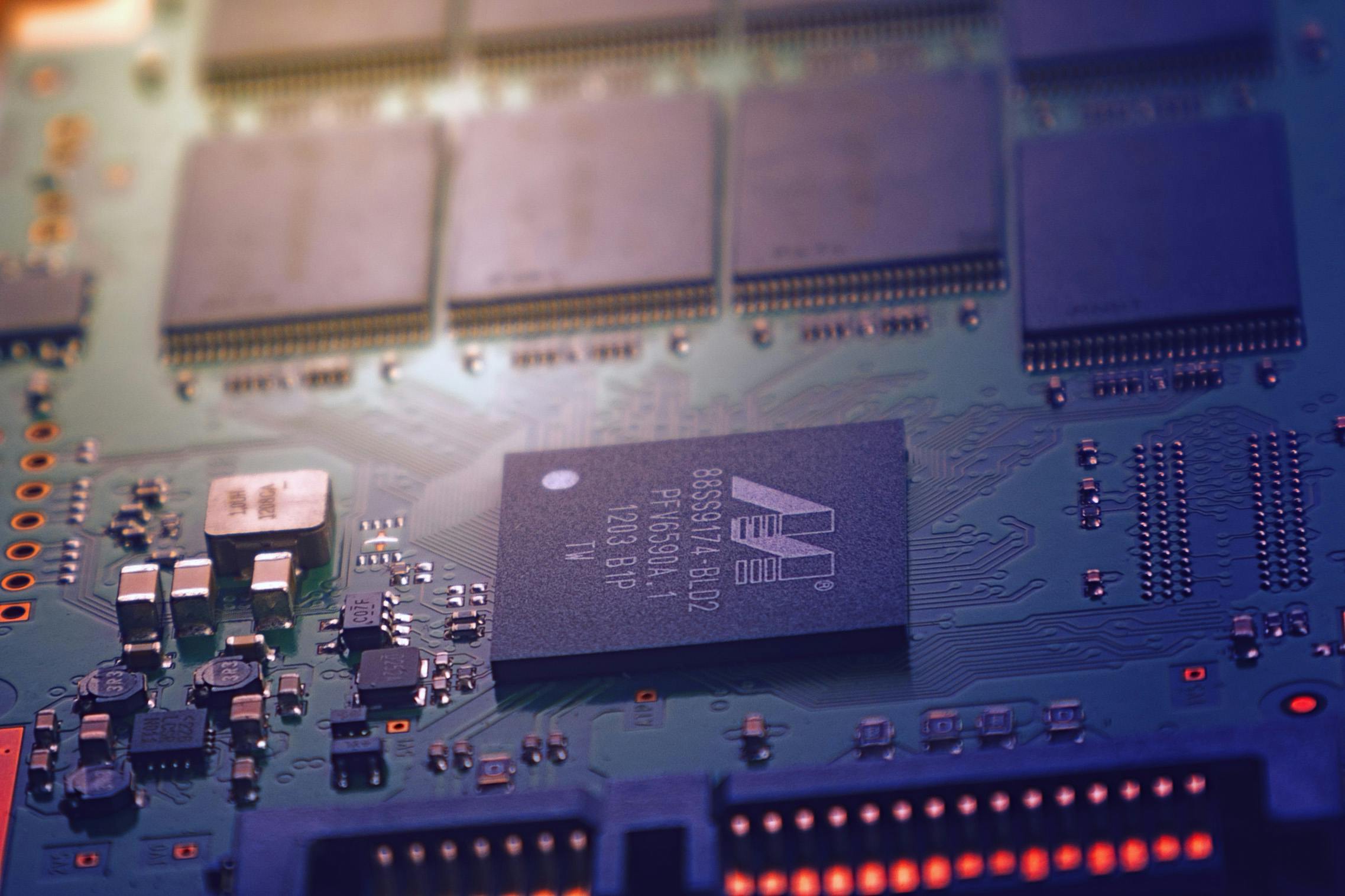
In today’s tech-savvy climate, the ASUS ROG Maximus XIII Hero motherboard stands as a beacon for enthusiasts eager to push their systems to the limit. The marriage of the Intel Core CPUs and the ROG Maximus XIII Hero motherboard opens a world of opportunities for overclocking endeavors. This detailed guide walks you through the optimal BIOS settings for overclocking this high-performance motherboard. Whether you are new to overclocking or a seasoned pro, these settings will help you extract every ounce of power from your rig.
Before diving into specific settings, it’s crucial to grasp what the BIOS entails. The BIOS (Basic Input/Output System) serves as the bridge between your motherboard hardware and the operating system. It is responsible for booting up your system and offers various options to tweak performance settings. For the ASUS ROG Maximus XIII Hero, understanding the BIOS is the first step to unlocking its true potential.
Cela peut vous intéresser : How do you configure a secure file server using a Raspberry Pi 4 and Nextcloud?
To access the BIOS on the ASUS ROG Maximus XIII Hero, restart your computer and press the Delete key during the boot process. You will be greeted by the EZ Mode interface, a simplified view of your system’s data. For comprehensive tuning, switch to the Advanced Mode by pressing F7.
In Advanced Mode, various tabs like “Main,” “Extreme Tweaker,” “Advanced,” and “Monitor” become available. These tabs house the settings required to overclock your system efficiently.
Cela peut vous intéresser : How can you set up a remote desktop environment using an Intel NUC with Windows 10 Pro?
Overclocking the Intel Core CPU on the ASUS ROG Maximus XIII Hero demands meticulous adjustments. Here’s a step-by-step guide to optimize your CPU settings.
The core ratio is pivotal in defining the CPU’s operational speed. Adjusting the core ratio multiplies the base clock, resulting in an increased clock speed.
Voltage settings ensure that your CPU receives adequate power for stable overclocking. However, too much voltage can overheat and damage the CPU.
Load-Line Calibration (LLC) stabilizes the voltage supplied to the CPU. This is crucial to maintain stability during high loads.
Effective thermal management is essential. Ensure that you have a robust cooling solution in place, such as an RGB Corsair liquid cooler, to maintain safe temperatures.
Memory or RAM overclocking can significantly enhance system performance. The ASUS ROG Maximus XIII Hero’s BIOS provides multiple options for fine-tuning your RAM.
The XMP (Extreme Memory Profile) automates memory overclocking, providing a simple yet effective method to boost RAM speed.
For more granular control, manual timing adjustments are available.
Just like the CPU, your RAM needs adequate voltage to operate at higher speeds.
Several other settings within the BIOS can influence your overclocking success. Here are some additional adjustments to consider:
Disabling certain power-saving features can improve stability when overclocking.
Adjusting the VCCIO and VCCSA voltages can help stabilize the memory controller.
Proper cooling is critical. Adjust your fan curves to ensure efficient cooling.
All the settings in the world mean nothing if they are not stable. After configuring your BIOS settings, testing stability is crucial.
Utilize tools like Prime95 or AIDA64 to stress test your CPU and memory. Monitor temperatures and voltages closely using software like HWMonitor.
Benchmarking tools like Cinebench and 3DMark can provide performance comparisons before and after overclocking. Look for improvements in CPU and GPU scores.
Overclocking often requires patience and adjustments. If your system proves unstable, tweak the settings slightly.
Overclocking the ASUS ROG Maximus XIII Hero motherboard can seem daunting, but with the right BIOS settings, you can achieve significant performance gains. This guide provides a solid foundation for those eager to push their systems to the next level. Remember to monitor your system’s stability and temperatures closely and subscribe to relevant tech forums and RSS feeds for the latest updates and tips.
For ongoing support, consider engaging with the community through forums and threads. Bookmark this guide, subscribe to updates, and stay informed. Your journey into overclocking has just begun, and the ASUS ROG Maximus XIII Hero is your partner in this exciting adventure.
In conclusion, the optimal BIOS settings transform the ASUS ROG Maximus XIII Hero motherboard into a powerhouse. With precise adjustments to the core ratio, voltage, memory settings, and additional BIOS tweaks, you can unleash the full potential of your Intel Core processor. Stay vigilant in testing and fine-tuning, and your overclocking efforts will bear fruit. Happy overclocking!